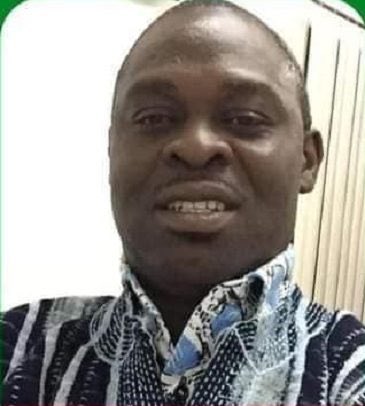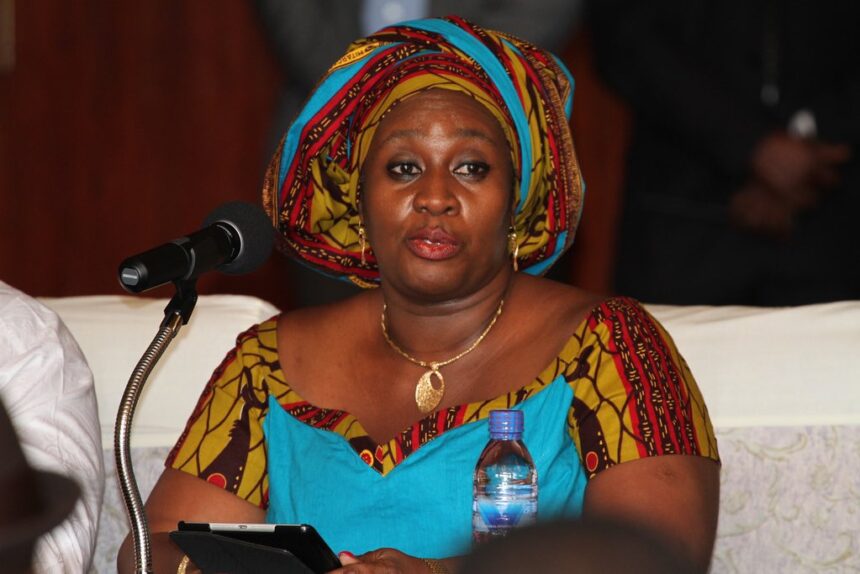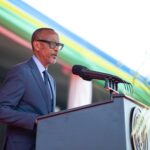Two Members of Ghana’s Opposition Party National Democratic Congress (NDC) party have been sentenced to lengthy prison terms with hard labor, in a move that has raised concerns about political repression in the country.
Sedinam Tamakloe, the former CEO of the government’s Microfinance and Small Loans Centre (MASLOC), has sentenced in absentia to 10 years in prison. Tamakloe is currently a fugitive, with her whereabouts unknown after she obtained permission for a medical trip abroad.
Meanwhile, Daniel Axim, the former Chief Operating Officer of MASLOC, was given a 5-year prison sentence. Both were found guilty on 78 counts, including charges of causing financial loss to the state, theft, money laundering, and violating procurement laws.
The convictions stem from the alleged misappropriation of MASLOC funds between 2013-2016. Prosecutors claimed the defendants withdrew 500,000 Ghanaian cedis (over $40,000) as a loan and demanded an exorbitant 24% interest rate, even though evidence showed the money was eventually refunded.

They were also accused of misusing over 1.7 million cedis (around $150,000) allocated for a public awareness campaign and aid to fire victims, with only a fraction of the funds used for the intended purposes.
The trial, which began in 2019, saw six witnesses called by the state. Tamakloe was tried in absentia, while Axim testified but did not present any witnesses in his defense.
The harsh sentences handed down to these opposition figures have raised alarm among democracy advocates both in Ghana and internationally. Many see the prosecutions as a troubling crackdown on dissent and an abuse of the justice system for political ends.
“This appears to be a blatant attempt to sideline prominent opposition voices through the criminal justice system,” said Nana Ama Yirenkyi, a Ghanaian political analyst. “It sets a dangerous precedent and undermines Ghana’s democratic progress.”
With Tamakloe now a fugitive and her co-defendant facing half a decade in prison, the convictions have deprived the opposition of key leaders at a critical time. Ghana is scheduled to hold general elections in 2024, and many fear these prosecutions are part of a broader effort to consolidate power.









